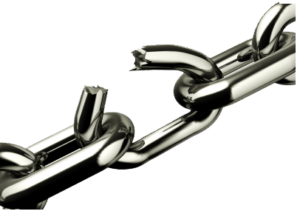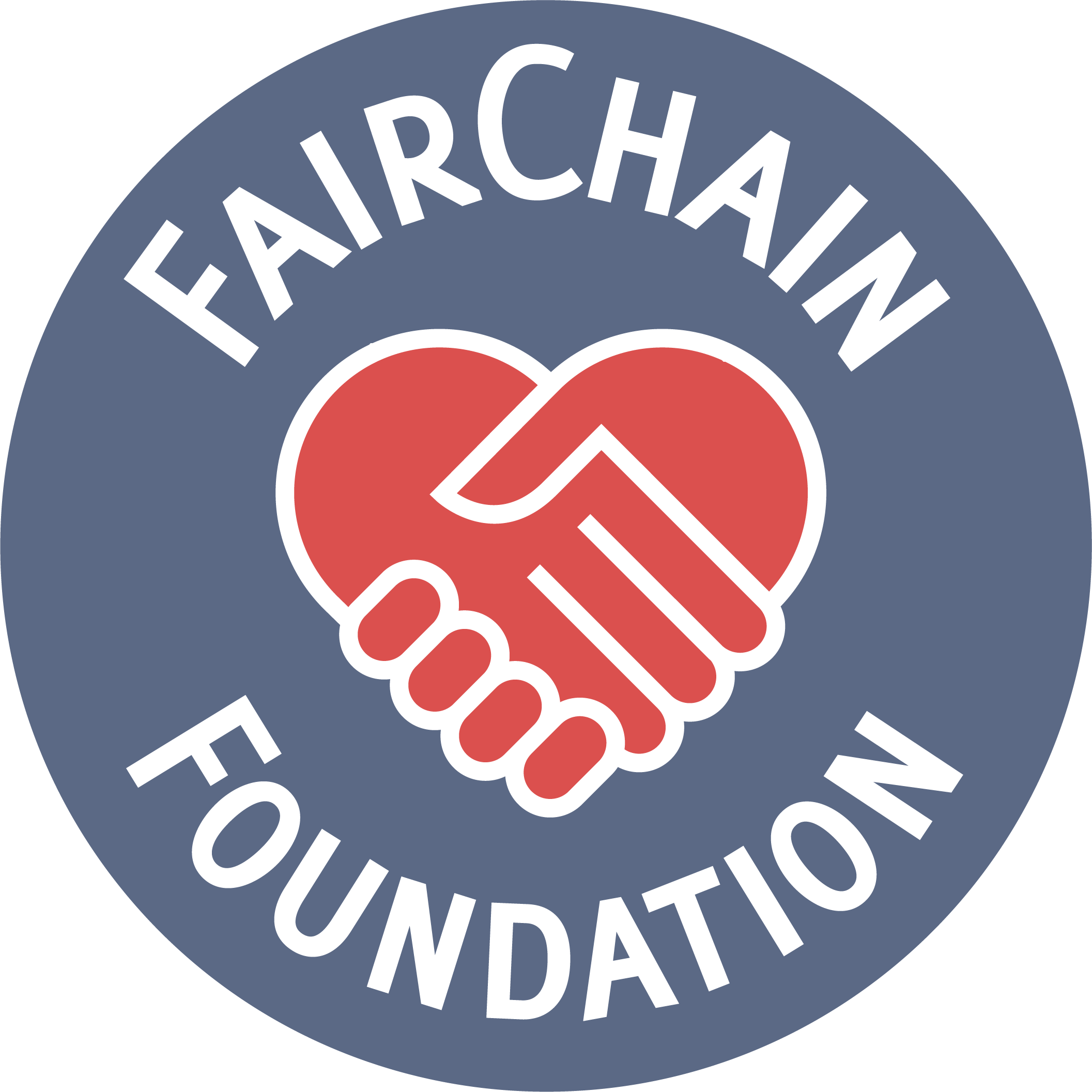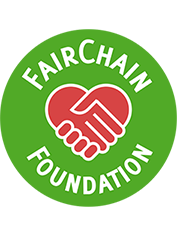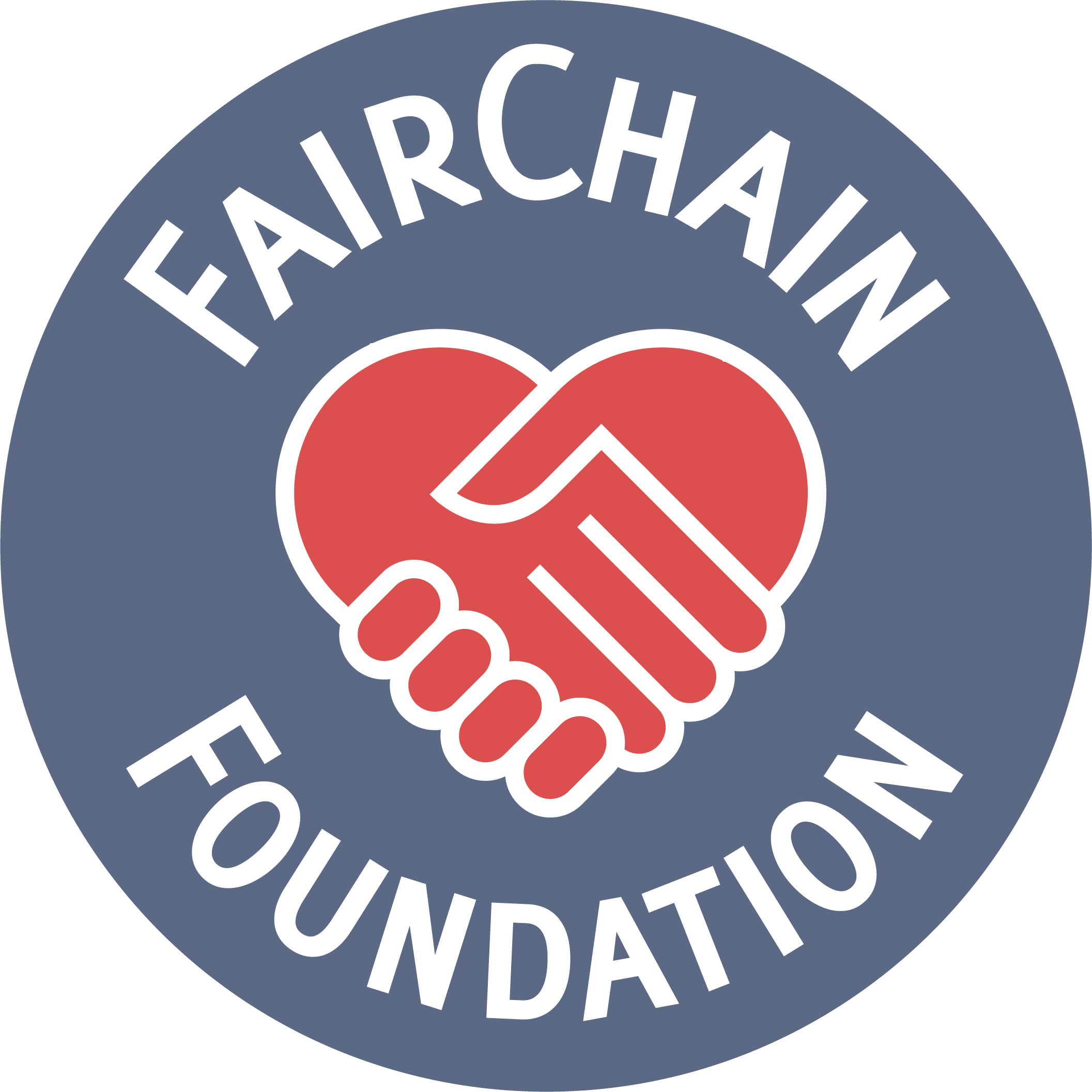
What is the weakest link in a value chain?
Is it the logistics component perhaps, responsible for moving raw goods to production facilities, to wholesalers, retailers and ultimately to the end customer, crossing national borders and oceans in a dazzling and complex chain of operations? Or is it the quality controller on the factory floor where the buck stops for maintaining customer’s high expectations that keeps them coming back for more? Or is it the marketing department who can really put a spoiler on things if they fail to do justice to a great product when they communicate its value to potential customers?
Well, if you ask the Jean Amat Amoros, what makes the value chain weak is not so much the people responsible for it – although they are in themselves critical – but rather the length of the chain is the problem. This understanding is what led Jean and his team of revolutionaries to become the founder of Gundara, an importer of high-quality leather bags that have been produced in the heart of Kabul. Jean has based his business on direct purchasing from the producers: Gundara makes every effort to keep the chain as short as possible. This is why 90% of their products are sourced directly from the producers (small businesses or social cooperatives) in developing countries. The end result – the producers end up with a higher slice of profits.
The FairChain Foundation was established to recognize and honor these revolutionaries of trade and we take our hats off to Gundara as a FairChain Revolutionary!


